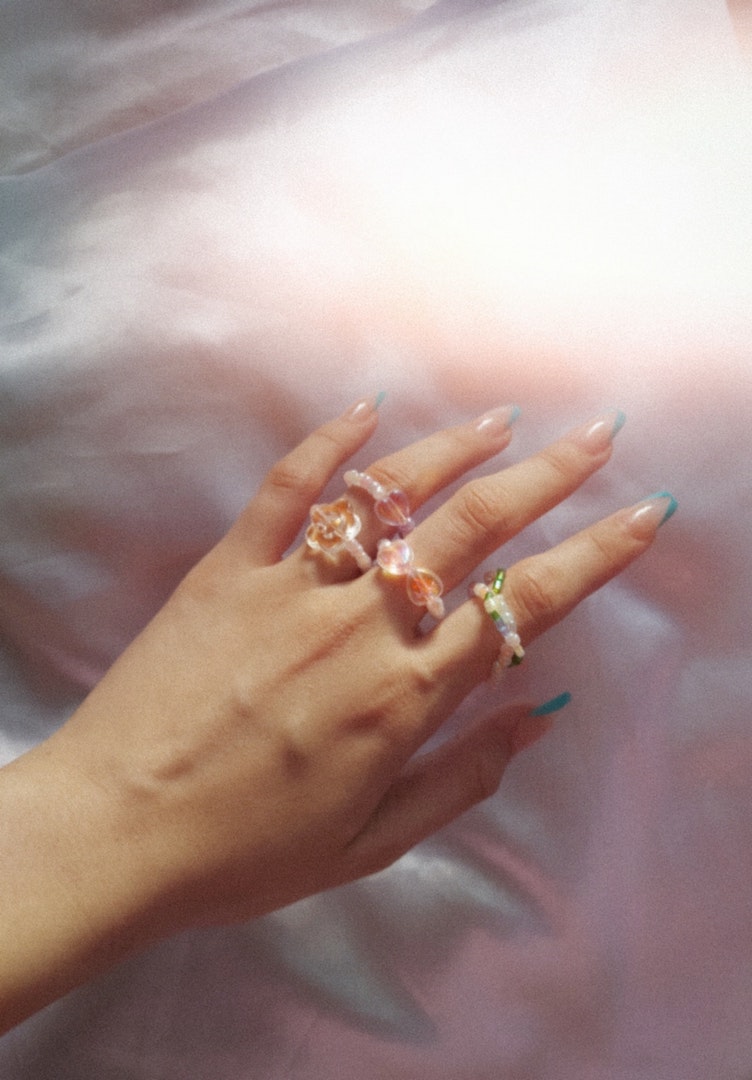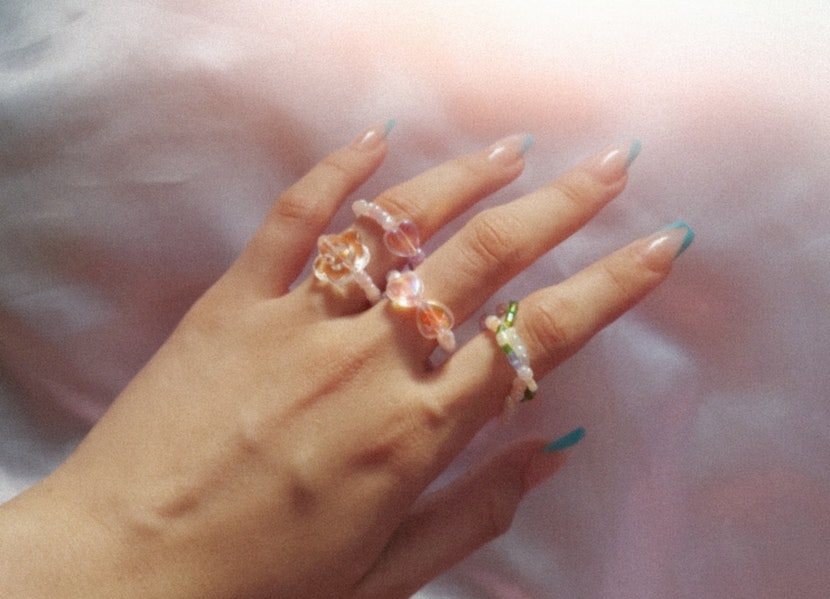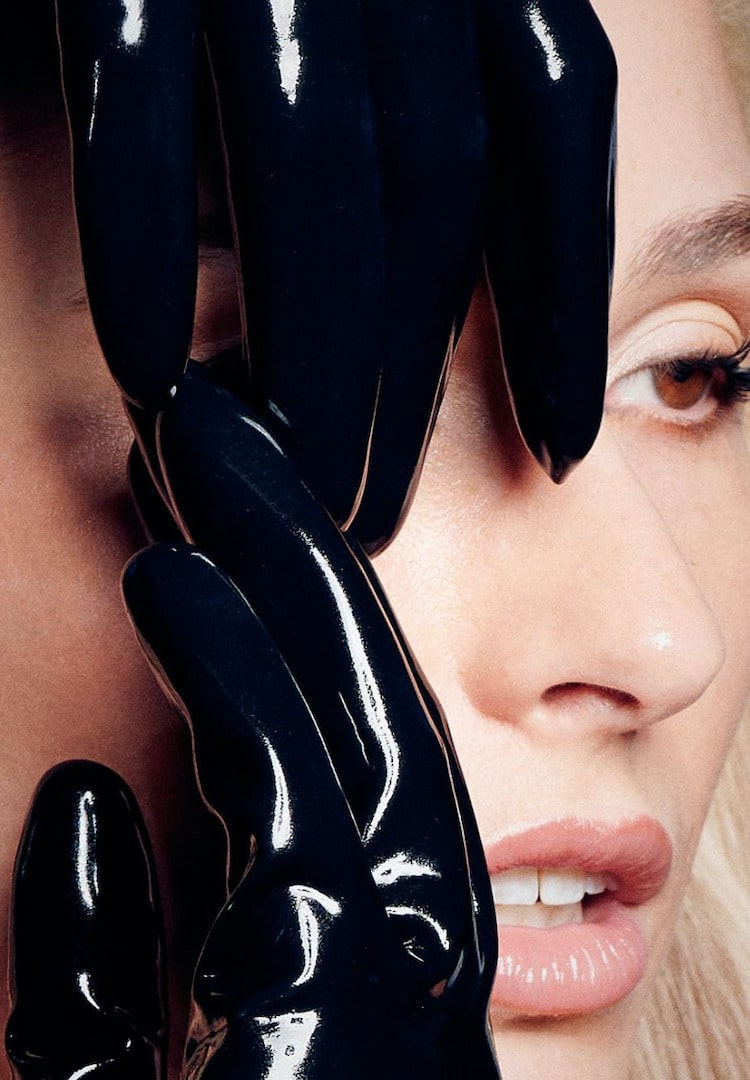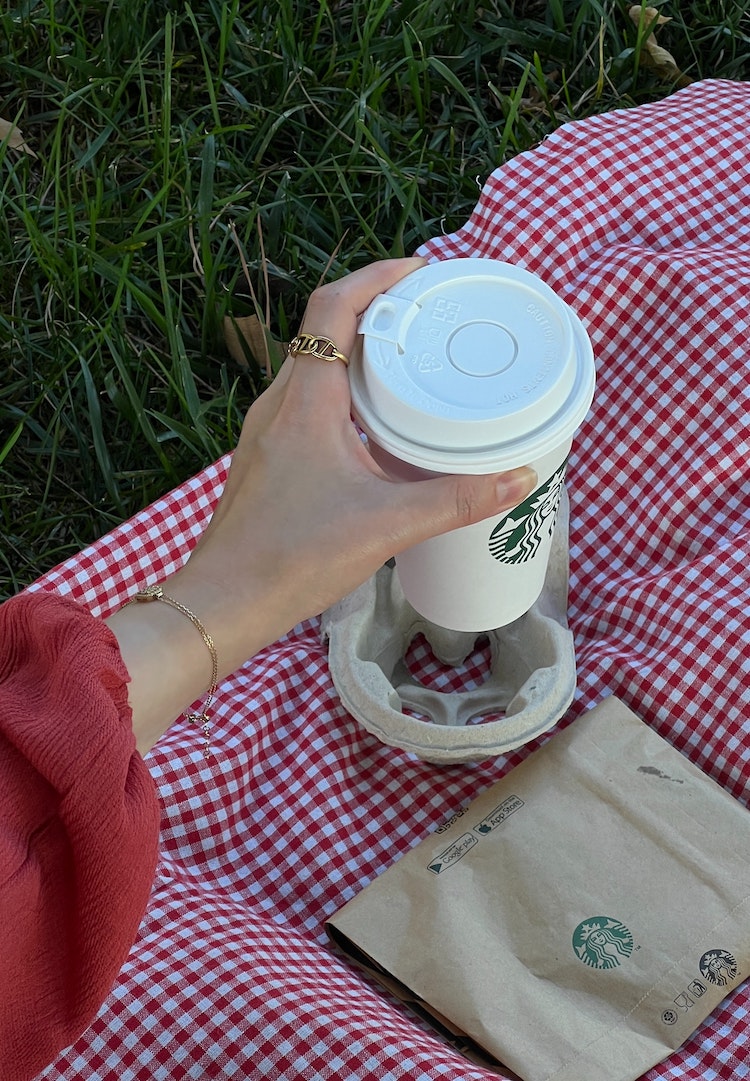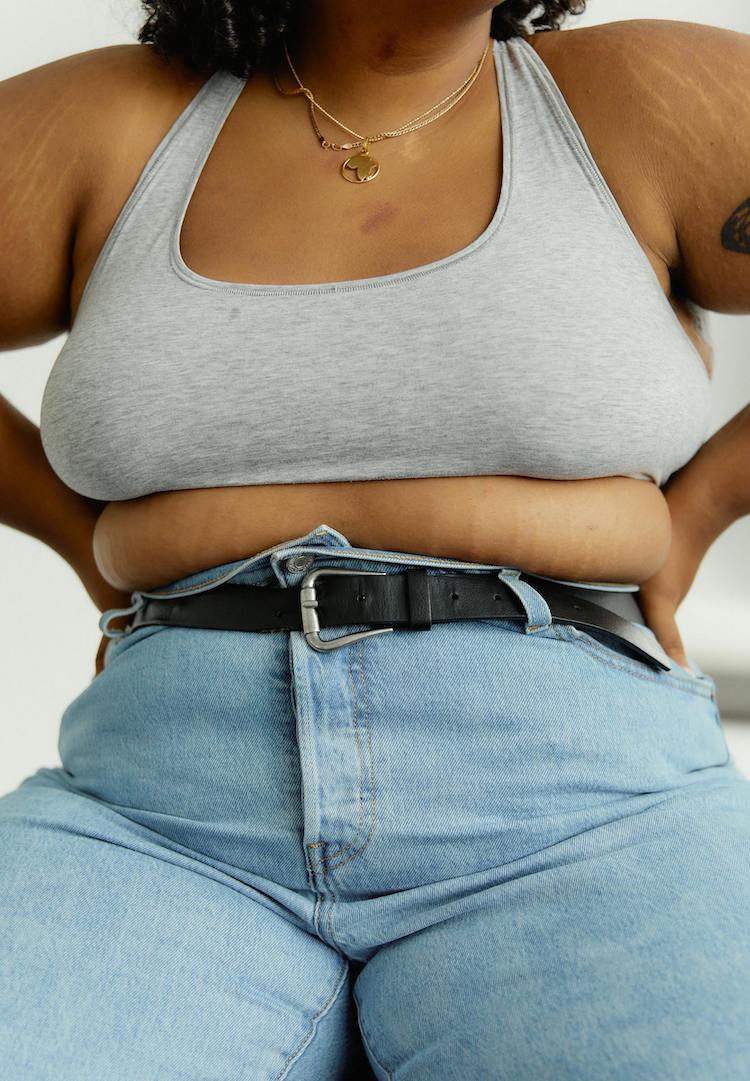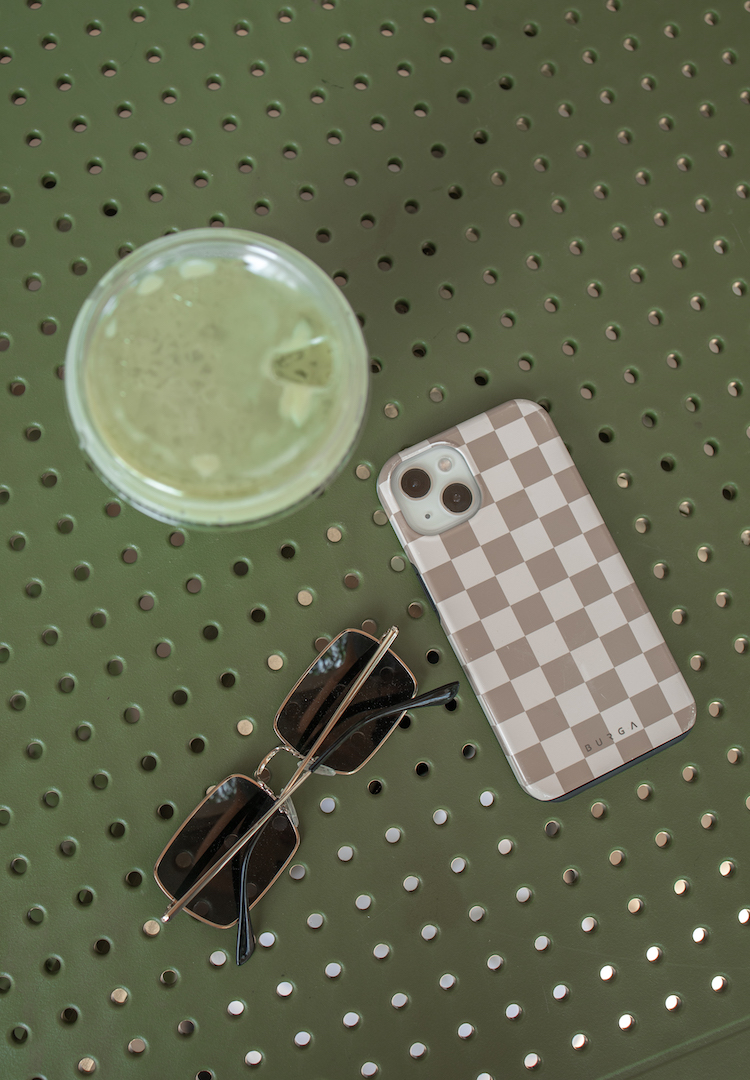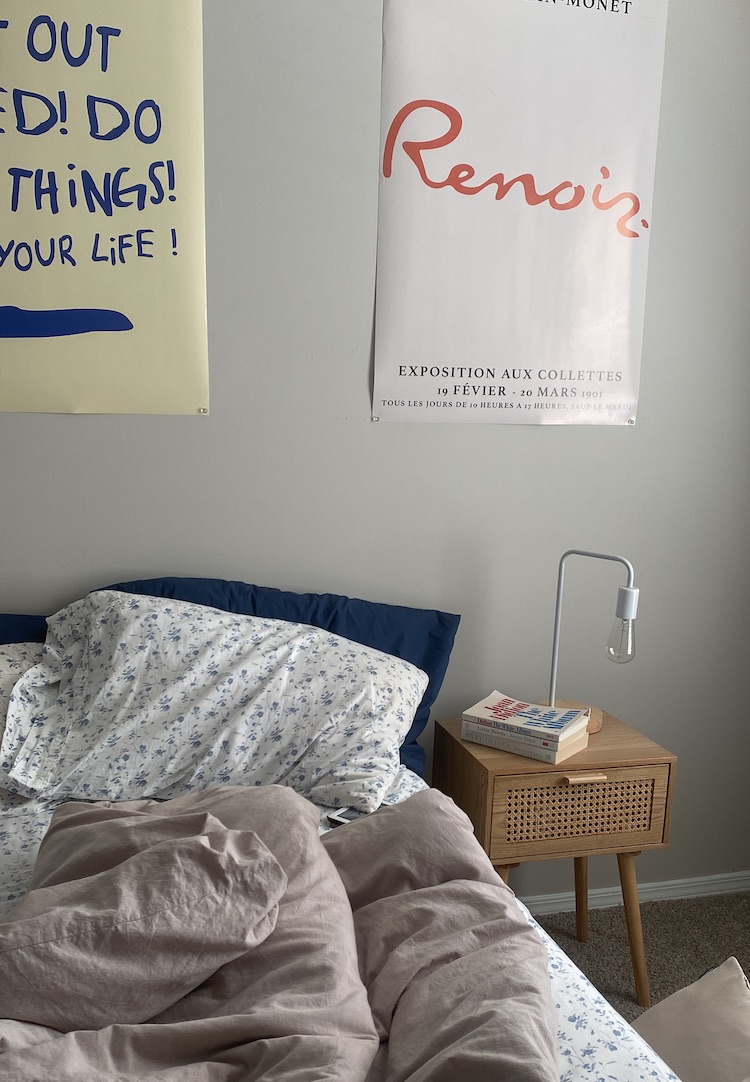What is ‘vabbing’ and why is TikTok talking about it?
WORDS BY HANNAH COLE
A brief science lesson on the rules of attraction.
In my spare time, my mind tends to wander and grapple haphazardly with life’s big questions. I’m either a budding theorist or a sick Scorpio who can’t get out of her head. One of my big thoughts has returned, thanks to a current TikTok trend: why aren’t male humans attracted to their ovulating counterparts like, say, dogs?
For more sex advice, head on over to our Life section.
Female dogs on heat are kept behind ultra-tough locked doors for fear of a neighbouring sniffer. And no, the TikTok trend I mentioned isn’t about dogs reproducing, but instead an act called ‘vabbing’, which some creators are claiming is the secret to unlocking these dog-like instincts in humans.
What is vabbing?
Combine the words ‘vagina’ and ‘dabbing’, and you have ‘vabbing’. As certified sex coach Georgia Grace says, “Vabbing is the act of vaginal dabbing, or putting pussy juice on your wrists, neck or anywhere you’d put your perfume”.
We know that smell can play a large part in initial attraction: some people seem to stink unpleasantly, and others instantly draw us in by scent (almost) alone. Vabbing, the believers say, helps to increase your sexual attractiveness. The discussion is linked to pheromones which Georgia explains are “a body’s chemical release that elicits a response in other organisms, usually with sexual benefit”. Whether it works or not is a question of science. Is it a ruse, or is it a reality?
Can vabbing really determine sexual attraction?
Professor of Molecular Evolution at Macquarie University, Michael Gillings, tells me that vabbing is not a new phenomenon. In fact, it first rose to prominence in the mid-1970s and was revived again in 2016. (Although, this time seems very different given the mass reach and obsession associated with social media trends, particularly on TikTok).
“The smell part of finding someone attractive is still for humans at least a little bit up in the air,” he says. “It’s kind of, do we or don’t we?” In saying that, one interesting experiment asked men to wear cotton T-shirts at night, not using perfumes, deodorants or body wash. A panel of women then smelt the natural scent-laden shirts to determine attraction or if they reminded them of family members or past lovers.
“It turns out that women are really good at using smell to find stuff out about males’ immune response genes,” Michael notes. There’s a whole heap of (actually very interesting) science behind this. Here’s the short version: The major histocompatibility complex (MHC) is a molecule found on the outside of white blood cells (our immune cells). The greater the diversity of these molecules, the more resistance we have to a bunch of diseases.
Interestingly, this study found that women are attracted to men who have different MHC genes from themselves, which is pretty important when it comes to rearing healthy offspring. These kids would have the maximum diversity of MHC and, therefore, a better chance of survival. Evolution, baby.
There are also these little guys called copulins – compounds that are a mix of five fatty acids – that are produced in vaginal secretions. Linked to pheromones, they supposedly trigger behavioural reactions. A quick Google search will offer you dozens of bottled eau de parfum versions, should you wish to go down that path.
Backed by this prehistoric reproductive drive, our copulins peak during ovulation. Although the jury is still out on whether these are proven sex attractants, one study found that men exposed to copulins found females more attractive . “It’s kind of like beer goggles; you might call it copulin goggles,” says Michael. It also appeared to boost their testosterone levels, increasing the male’s self-rating of desirability.
As it turns out, my ‘dog on heat’ query may, in fact, have some backing. Underneath it all, are males subconsciously seeking these fertility signals in their partners? Of course, the discussion fails to take into account the range of gender identities, and as Georgia points out, some people aren’t even born with the glands that are receptive to pheromones. But it is a fascinating consideration, in some part explaining our unique choice of sexual partners. Possibly, these desires are built on primal instincts.
So vabbing, yay or nay?
Before you go conducting a home-baked experiment, note that the contraceptive pill has a huge impact. “None of this change in the copulin levels occurs if you’re on oral contraceptives,” says Michael. In that state, copulin levels remain low. But yes, if you’re not on the pill, vabbing vaginal secretions on your neck and wrists may increase attention.
“Whether or not you want to attract the kind of males who are just interested in their testosterone-driven baby-making sperm… is another question,” he notes (generalising, of course, but you get the point). It’s also important to consider hygiene and consent here. In the age of COVID, do you really want to be exposing those around you to secretions from your genitals, especially when they have no say in the matter?
If you’re keen to give it a whirl, though, perhaps trying it out in the safety of your own home or around someone who’s consented to you doing it is the best approach. But remember – a relationship of substance is built on more than scent alone.
Vabbing not for you? Try pheromone perfume.


